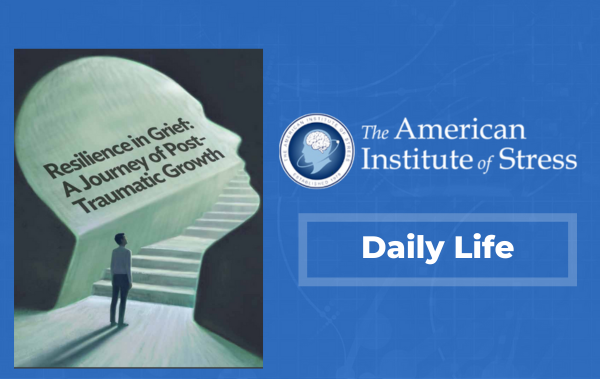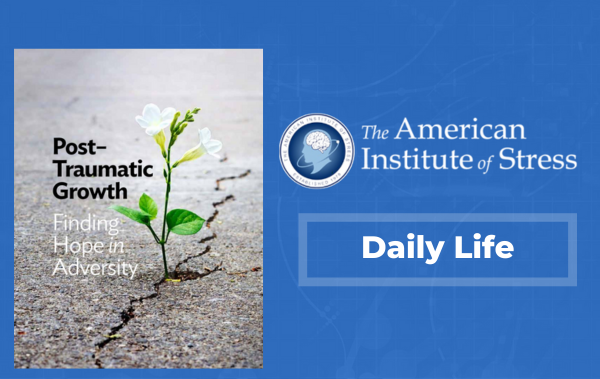A psychologist pointed out some of the benefits of stress and anxiety to people. That’s despite the fact that both could lead to depression.

Image courtesy of Shutterstuck
In a presentation at the annual convention of the American Psychological Association, a psychologist explored the benefits of stress and anxiety.
The American Institute of Stress described stress as a natural physical and mental reaction to life experiences. So, whether it’s caused by money, health, job pressure, or relationship, everyone reports being stressed at some point.
According to the U.S. stress statistics, 77 percent regularly experience physical symptoms caused by stress. On the other hand, another 73 percent reported experiencing psychological symptoms.
Also, 48 percent of the participants say stress hurts their personal and professional life.
These statistics point that stress and anxiety are negative concepts, but that may not be the entire story. While both can grow to reach unhealthy levels, psychologists have long believed that they are unavoidable.
What’s more, they’ve always known that stress and anxiety can play a beneficial role in our every day lives.
A private-practice psychologist who presented at the meeting, Lisa Damour, Ph.D., said:
“Psychologists need to share our knowledge about stress with broad audiences: that stress is a given in daily life, that working at the edge of our abilities often builds those capacities and that moderate levels of stress can have an inoculating function, which leads to higher than average resilience when we are faced with new difficulties.”
Benefits of Stress and Anxiety
According to Damour, stress usually occurs when we push ourselves or we are forced into situations that stretch our abilities beyond the familiar limit.
While we often associate it with unfortunate events, stress can also be a result of a good event. For example, it’s stressful to get fired, but so is stepping into a new role at work.
The benefits of stress include helping us build new capacities. Also, it gives us the resilience necessary to face other difficult situations.
Like stress, anxiety also gets an unnecessarily bad rap.
But, Damour described anxiety as an internal alarm system that was handed down by evolution to alerts us to both internal and external threat. In other words, anxiety can be useful and protective when we know how to take advantage of it.
For example, we could get anxious when we’ve procrastinated for too long, which tells us that it’s time to get started on our chores.
Damour noted:
“Similarly, if a client shares that she’s worried about an upcoming test for which she has yet to study, I am quick to reassure her that she is having the right reaction and that she’ll feel better as soon as she hits the books.”
With that said, stress and anxiety can become unhealthy when it’s chronic or traumatic. In such a case, it could harm a patient’s psychological health with little or no chance of recovery.
“In other words, stress causes harm when it exceeds any level that a person can reasonably absorb or use to build psychological strength,” she said. “Likewise, anxiety becomes unhealthy when its alarm makes no sense. Sometimes, people feel routinely anxious for no reason at all. At other times, the alarm is totally out of proportion to the threat, such as when a student has a panic attack over a minor quiz.”
When left untreated, both stress and anxiety can lead to persistent misery. And this could lead to a host of medical and psychological conditions such as headaches, increased risk of cardiovascular disease, and depression, among others.
However, when properly managed, Damour believes it could help us become more productive.
Original Article: Here
By Sumbo Bello Aug 13, 2019





